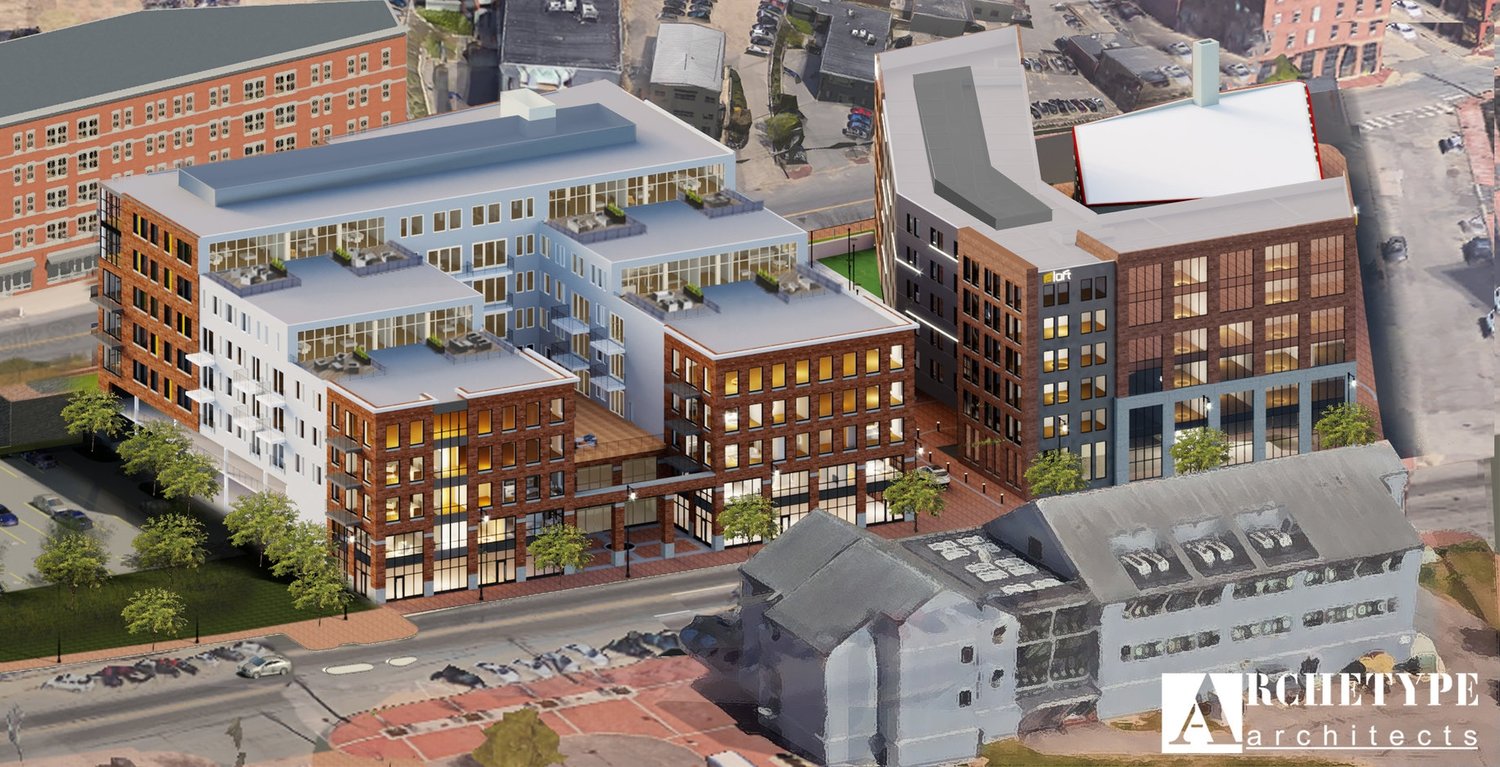My guess, and it's only a guess, is that the second phase does in fact move forward. People always need a place to live, and even if the sale prices (or rents in the event this transitions to rental) decrease as a function of the market dynamics, my guess is that it's still possible to build, even if there's a slight delay, because it's already permitted (presumably shovel ready, although that too is a guess), and it may in fact have synergies with the adjoining phase that make it more attractive to the same lender to finance, in addition to the fact that construction costs are likely to drop as a result of what we're seeing right now in the broader market. But again I am just speculating on all of this without any real idea of how this could shake out. I know a lot of banks are in a position where they are itching to do deals right now, so the question really becomes one of whether the income side of the equation (sale proceeds, rents) works, and if that declines then it becomes a factor of reduced construction costs which I don't see remaining as high as they have been given how many other projects which are further back in the permitting pipeline are likely to be abandoned. One thing the city could do is extend all permits for projects presently permitted for a potential period of 5 years (rather than 3 years) which would avoid unnecessary trips back to the planning board for developments that were sidetracked by this whole thing (and have a huge cost savings effect in terms of both entitlement costs and market timing alike).
 www.hobsonslanding.com
www.hobsonslanding.com
 www.archetype-architects.com
www.archetype-architects.com



 Hobson's Landing Phase I Under Construction
Hobson's Landing Phase I Under Construction Hobson's Landing Phase I Under Construction
Hobson's Landing Phase I Under Construction Skyline and Hobson's Landing Under Construction from South Portland
Skyline and Hobson's Landing Under Construction from South Portland Hobson's Landing From York Street Under Construction
Hobson's Landing From York Street Under Construction Hobson's Landing and Aloft Hotel Under Construction on Commercial Street
Hobson's Landing and Aloft Hotel Under Construction on Commercial Street Hobson's Landing Construction from Maple Street
Hobson's Landing Construction from Maple Street Construction along Commercial Street
Construction along Commercial Street